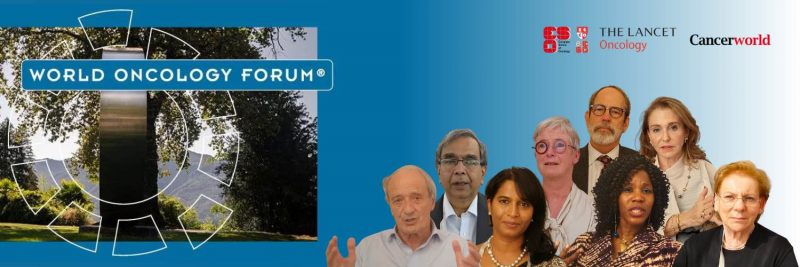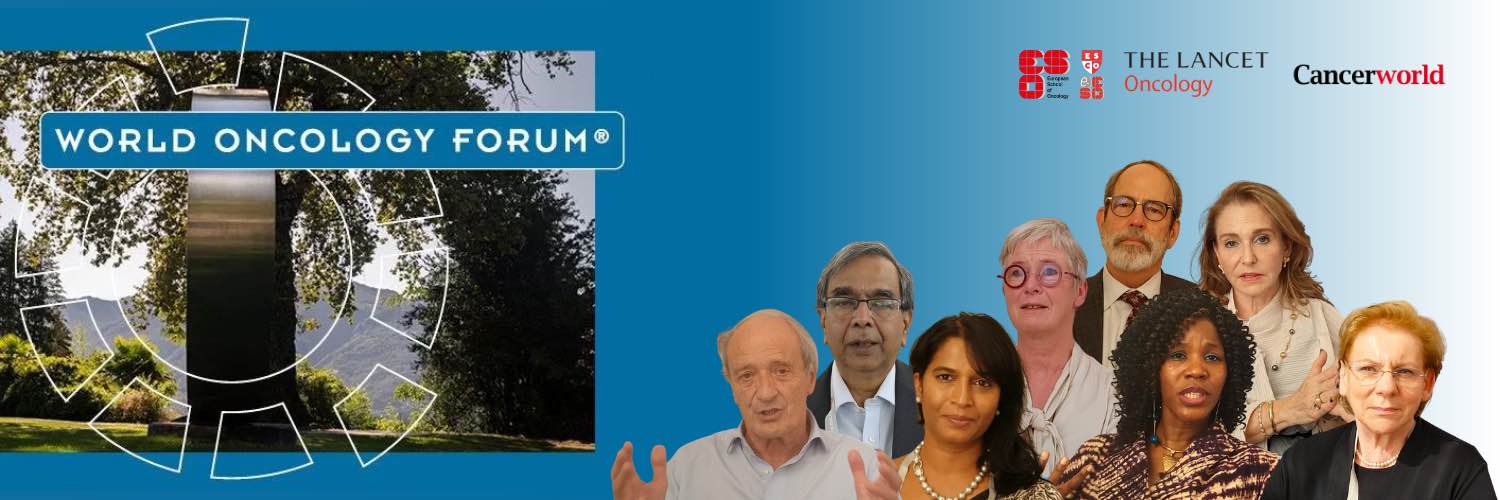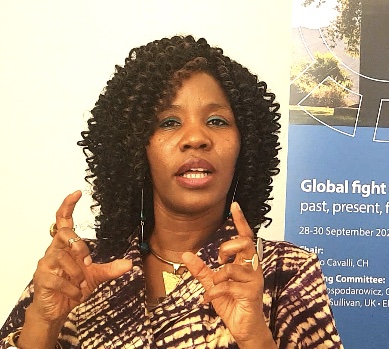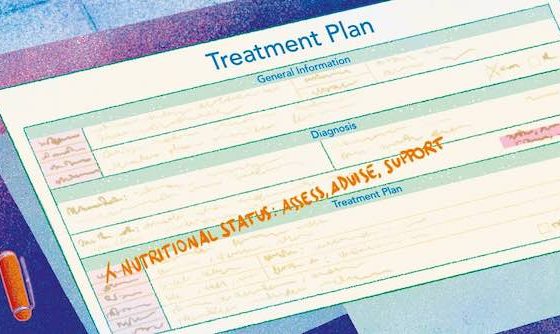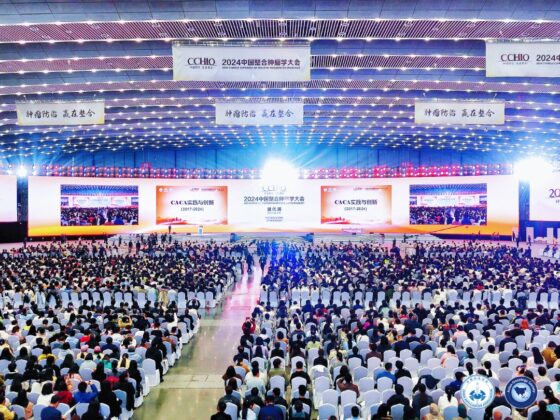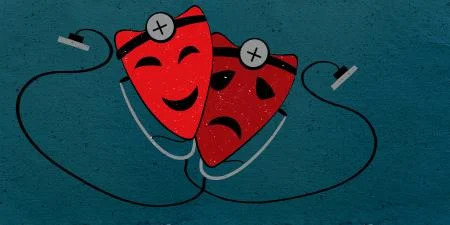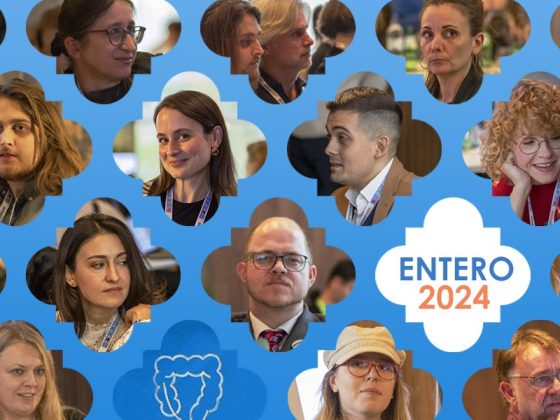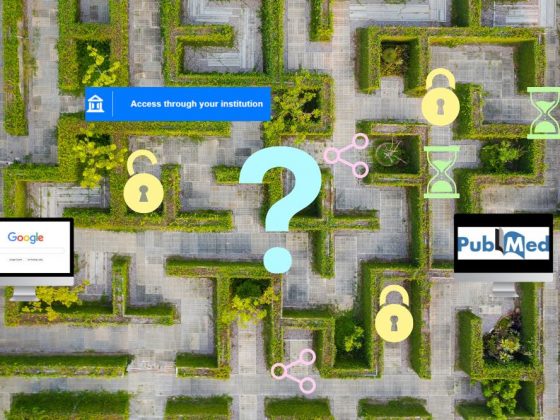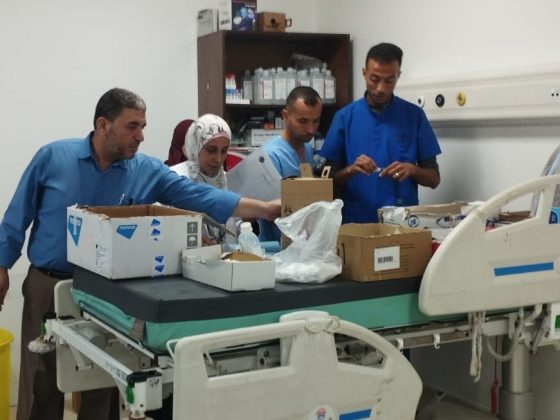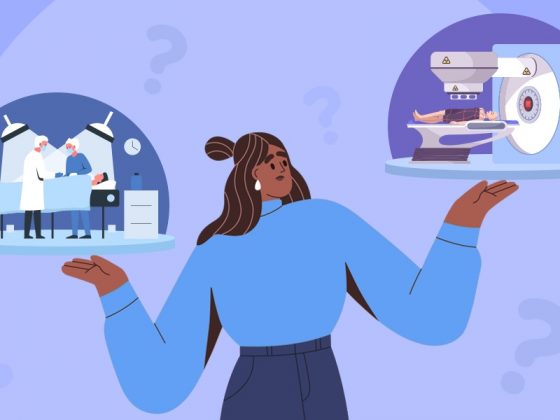“You have to convince the people with their hands on the levers of power. They don’t see things as we see them. They have other problems on their minds…”
Ten years after launching the Stop Cancer Now! appeal, which outlined the actions required to prepare low and middle-income countries for an escalation in the numbers of cancer cases, international experts and leading voices from cancer communities across Africa, Asia and Latin America, gathered again at the World Oncology Forum, in Ascona, Switzerland, to assess progress, and work out what has to happen next.
The picture that emerged over two packed days of presentations was decidedly mixed. Yes – over the past 10 years, the message that cancer is a health problem of developing countries on a par with infectious diseases such as malaria, TB and AIDS has been received loud and clear by global health organisations and governments and policy makers across the world. Yes – the cancer community has done a highly effective job setting out the technicalities of how the rising tide of cancer can be stemmed through key actions to prevent cancers that are preventable, detect cancers amenable to early detection, and improve sustainable capacity to treat and palliate.
But… this knowledge and awareness has largely failed to translate into significant investment either from the big global health organisations or individual governments.
Not only is the suffering and death from cancer still increasing across the world, but the disease is now a significant factor tipping families into financial catastrophe, as debts mount in their efforts to access care that is both costly and often unlikely to offer much benefit. Progress towards expanding universal healthcare coverage is stalling, as is progress towards achieving most of the Sustainable Development Goals, where cancer is included as part of an agenda around addressing non-communicable diseases (NCDs). Hopes that global health organisations would invest in cancer as they have for TB, Malaria and AIDS have come to little; cancer research remains something overwhelmingly done by rich countries, for rich countries, driven largely by a commercial agenda pursuing small gains at high prices.
How do we advocate for the feasibility and value of investing in improving people’s access to cancer care in a way that speaks to the priorities of the decision makers – governments and global health organisations – was a question that came up time and again in the discussions.
Bente Mikkelsen, Director for NCDs at the World Health Organization (WHO), was among a number of voices at the Forum who argued that, as global cancer advocates, we need to become more engaged in the discussions driving the current development and health agendas, and get better at presenting our demands in the context of contributing to achieving wider goals.
We should think through what is needed to ensure accountability… We need to simplify the metrics on what success looks like
Mikkelsen stressed that global health funders are perfectly aware of the burden of cancer, “but they are asking: where are the demands?” The problem, she said, is that they see cancer advocates asking “for everything,” while other diseases make very specific requests of donors. “Donors want one thing.” Though a number of important resolutions on cancer have been passed by the World Health Assembly, she said, no indicators or monitoring framework were requested.
“We should think through what is needed to ensure we have accountability,” she said. “We need to simplify the metrics on what success looks like, so we can add some of the cancer success criteria into the UHC [universal health coverage] index, for example.”
Others pointed out that traditional approaches to global aid are changing, and global cancer advocates need to adjust where they put their efforts, accordingly. In the context of negotiations over funding to mitigate the impact of climate change, for instance, countries of the global South are rejecting traditional development aid approaches, and are instead discussing a variety of funding mechanisms that would enable them to address their own climate and development crises as they see fit. As global cancer advocates, we have a lot to contribute to those discussions, having spent much of the past 10 years producing convincing research to show what a drag cancer is on the economies of developing countries, and the significant returns that can be expected from investing in cancer prevention and care capacity. But we are not in the room.
“The future is not a global fund for cancer…” argued Prabhat Jha, the founding director of the Centre for Global Health Research at St. Michael’s Hospital in Toronto, Ontario. “We need to be aligned with the new country-driven development paradigm.”
As for winning the policy arguments at a country level, that comes down to doing more effective advocacy, argued Miriam Mutebe, a breast cancer surgeon at the Aga Khan university in Kenya, and President Elect of the African Organisation for Research & Training in Cancer. “How do we train our cancer advocates to ask the right questions to get a response from politicians?” she asked. Along with many other voices from low and middle-income countries, Mutebe stressed the importance of relating to the actual cancer suffering that is experienced by people in the country. Most cancers are diagnosed at an advanced stage, and patients and families need free (or very-low-cost) access to good pain relief, palliative care, empathy and counselling, she said. While it may make logical sense to stress the primacy of prevention, early detection and basic curative modalities, this doesn’t necessarily speak to the immediate needs that politicians are focused on.
“You have to understand why people think the way they do about cancer…What messaging do we need to get to change minds?”
“We need to stop doing guidelines. Do stuff at the ground level. Develop sustainable long-term relationships,” suggested Richard Sullivan, Director of the Institute of Cancer Policy at Kings College London. “You have to understand why people think the way they do about cancer,” he argued. “What messaging do we need to get to change minds? How to make this a winner for politicians?”
Happily, the Forum also heard about a number of truly impressive wins for global cancer over recent years, which will be critical in convincing decision makers about the value and feasibility of addressing the cancer care needs of their citizens.
The World Oncology Forum
The World Oncology Forum (WOF) is a series of policy forums, organised by the European School of Oncology (ESO) in collaboration with Lancet Oncology, where internationally renowned cancer clinicians, researchers, advocates and policy makers discuss and define what needs to be done to end avoidable suffering and death from cancer across the globe.
The first one, held in 2012, issued the Stop Cancer Now! appeal, which was launched on World Cancer Day 2013 in the pages of the Lancet, with full-page adverts in leading national and international newspapers. It called on “governments, policy makers, and everyone who can help stop unnecessary deaths from cancer” to take a set of actions slow the rising tide of cancer in low and middle-income countries, build treatment and care capacity and invest in research to further these aims.
The World Oncology Forum is convened and chaired by Franco Cavalli, past President of the UICC (Union for International Cancer Control), and past Chairman of the ESO Scientific Committee.
The WHO’s Cervical Cancer Elimination Initiative, for instance, which 194 countries have signed up to, is demonstrating to policy makers and populations that, with the right skills and equipment, a cancer that was previously a death sentence for so many mothers and grandmothers can be prevented in a sustainable way. That in turn is reducing stigma and improving levels of awareness about the disease, with spillover effects for cancers in general.
Then there’s the ambitious Global Platform for Access to Childhood Cancer Medicines, launched by the St Jude Children’s Hospital – an independent research hospital in Memphis, Tennessee – in partnership with the WHO. The initiative, backed by an initial funding US$ 200 million, aims to improve the survival chances of childhood cancer patients in low- and middle-income countries from the current rate of less than 30% to at least 60% by 2030.
The platform will help childhood cancer patients across the globe access the drugs they need, along the lines that the Global Fund does for patients with AIDS, malaria and tuberculosis. It also includes a crucial capacity building component, which involves working with governments and health systems to improve skills and infrastructure to ensure children with cancer and their families get the support they need throughout the cancer journey, which should provide a permanent lift to the country’s paediatric oncology services.
The initiative is seen as important not just for the impact it could have on the prospects of children with cancer across the globe, but for showing how investing in cancer can improve a country’s overall health infrastructure. It also demonstrates what can be achieved, even from a small base, when independent organisations team up with global health bodies and national governments.
The agreement cuts the price of 40 high-value, high-volume cancer drugs to around one fifth of their reserve price
With assumptions around the high cost of cancer care often proving a serious barrier to convincing governments to add cancer care to universal health coverage benefits packages, the pooled purchasing agreement recently negotiated by the India’s National Cancer Grid was also recognised as an important achievement. The agreement, which cuts the price of 40 high-value, high-volume cancer drugs to around one fifth of their reserve price (median price reduction of 82%), is now set to be extended to many more of the 250 centres in the grid, and may even be extended to cancer centres in neighbouring countries.
Again, it is the wider implications of this pooled procurement pilot that were highlighted at the Forum. Pointing to the Indian example, Felicia Knaul, a leading global health economist, who co-chairs the Lancet Commission on Cancer and Health Systems, argued that: in discussions around economic feasibility, ‘best buys’ or ‘returns on investment’, global cancer advocates should not simply accept that current prices are given and immutable – they are not. Finding ways to push prices down can be a central part of solving the access equation, she said.
Though less headline catching, the systematic country-level work being done by WHO in recent years, in assisting governments and health systems to think through how to maximise the benefits of any investments in cancer, was also flagged by many participants at the Forum as a big success.
At least as important as all of these, however, has been the steady progress in digital communications, together with the rapid adoption of digital health across the globe, triggered by the Covid pandemic, argued Mary Gospodarowicz, another co-chair of the Lancet Commission on Cancer and Health Systems, and past President of the UICC (Union for International Cancer Control). Think about how fast information about the virus and infection control became available and socialised in society, she said, and about how quickly medical terminologies such as ‘PCR tests’ and ‘virus variants’ were adopted into everyday conversation.
“Digital technologies are opening up new opportunities to understand needs and expand access to cancer care”
Gospodarowicz suggested that, rather than focus purely on convincing ‘people at the top’, more effort should be made to support populations to advocate for themselves. As she and others noted, digital technologies, including AI, are also opening up new opportunities to understand needs and deliver on demands for expanding access to cancer care, particularly to people living in remote rural communities. These technologies are already transforming access to training and mentoring and to remote diagnostic, clinical and psychosocial expertise and services. In the words of Knaul, “it means that we can bridge distances to the poor in ways that we could never have done in the past – it was inconceivable.”
These observations, together with many other contributions made over the two days, offered a rich picture of how the world of global cancer care has changed in the decade since the Stop Cancer Now! appeal was launched by the first World Oncology Forum on World Cancer Day 2013. They highlighted successes as well as failures, and opened debate over which demands global cancer advocacy should be making today to speed up progress over the coming decade.
The consensus points from that discussion are set to be published, in Lancet Oncology in the form of a new appeal, on World Cancer Day 2024.
As part of that exercise, Cancerworld asked eight leading voices at the World Oncology Forum, who bring perspectives from a range of professional backgrounds and regions of the world, for their own views on the successes and failures of the past decade, and where to go next.
Click on the links below to find out what they had to say.
Nirmala Bhoo Pathy, Public health physician, University Malaya, Kuala Lumpur
“What is not being discussed is how do we improve wellbeing?”
See interview summary | See video
Miriam Mutebe, Breast cancer surgeon, Agha Khan University, Nairobi, and President Elect of AORTIC, the African Organisation for Research and Training in Cancer
“We need to think critically about how our healthcare system can deliver the best for patients”
See interview summary | See video
Felicia Marie Knaul, Co-chair of the Lancet Commission on Cancer and Health Systems, Sylvester Comprehensive Cancer Center and Director of the Institute for Advanced study of the Americas, University of Miami, Florida, President of the Mexican breast cancer advocacy group Tómatelo a Pecho
“In this post-Covid world we have the opportunity to harness technology in ways that we have never seen before”
See interview summary | See video
Srinath Reddy, Founder and Past President of the Public Health Foundation of India
“We need to make care affordable and strengthen our health workforce so we have people who can deliver the wide range of services that are needed”
See interview summary | See video
Bente Mikkelsen, WHO Director for Non-Communicable Diseases
“We should think through what is needed to ensure we have accountability, and simplify the metrics on what success looks like”
See interview summary | See video
Franco Cavalli, Founder & organiser of the World Oncology Forum, past Chair of the Scientific Committee of the European School of Oncology, past President of the UICC
“We need another approach, where governments, public spending, taxes, together with development banks play the overarching role in financing the global fight against cancer”
See interview summary | See video
Ben Anderson, Breast Cancer Surgeon, WHO Global Breast Cancer Initiative lead
“Our role is not to tell everybody what to do; it’s to create tools so they can do this in the way that is most effective in their environment”
See interview summary | See video
Mary Gospodarowicz, Radiation oncologist at Princess Margaret Cancer Centre, University of Toronto, co-chair of the Lancet Commission on Cancer and Health, Past President of the UICC
“We’ve been talking to decision makers for 20–30 years. It hasn’t worked. I think we now have to engage better with the public”

